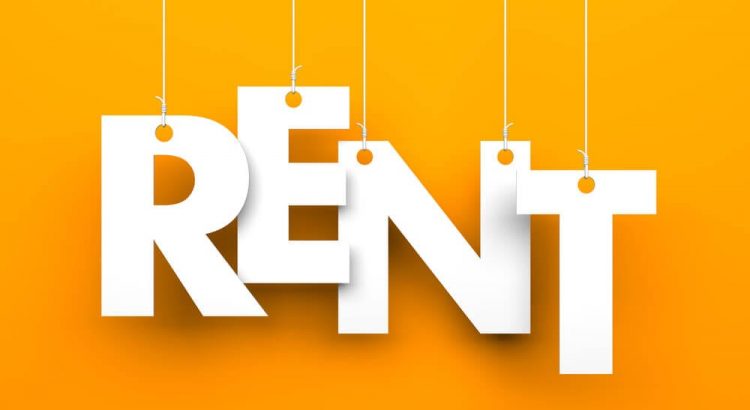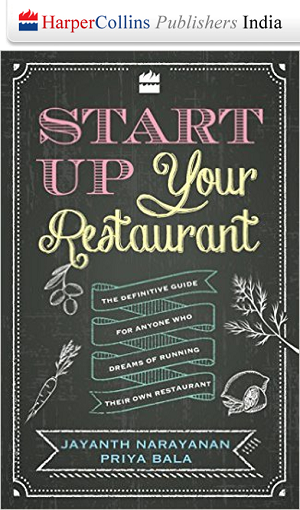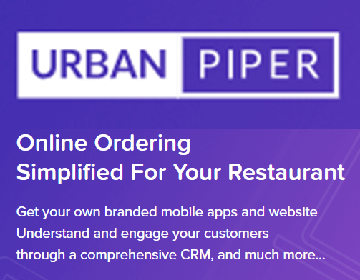
The slowing down or even stopping of business in the time of Corona virus means a majority of restaurants are worried about one thing above most others: how to pay the rent. If they haven’t done so already, we suggest restaurant owners communicate to their landlord (preferably in written form such as email, whatsapp, SMS, letter, rather than verbally) that they want a waiver of rental payments for the next few months. This is critical to avoid a situation where the landlord later tells them, ‘I should have been informed earlier. You’ll have to pay for March. If the situation doesn’t improve in the coming months, then we’ll see.’
While it seemed unlikely that landlord would be willing to waive off rent even for a month, there have been several instances in the last few days of landlords conceding that the request is reasonable and agreeing to it. We hope more landlords will step up and help their tenants out during this difficult time.
Given the cash flow problems restaurants are already facing and will face in the weeks to come our recommendation is that they do not make any rental payments at this time. This is also because landlords are probably the only payees who have some of the restaurateur’s money already with them in the form of rental deposit. The cash available should be conserved to make other critical vendor payments and for staff salaries.
Restaurant owners should simply tell landlords that they do not have the cash and will talk to them once there is some clarity on how the situation evolves after the prolonged lockdown ends. After April 14th, when the lockdown is scheduled to end, restaurateurs can engage with landlords and push for waivers/reductions.
Different landlords will react differently:
– In extreme cases, landlords may tell restaurant tenants that they need to vacate. This is unlikely as the landlord will then need to return the rental deposit (minus any unpaid rentals). Finding a new tenant in the current scenario will be tough and the rental offers, if any, will probably be much lower.
– At the other end of the scale, the landlord may agree to waive rentals for March, April and even May and hope restaurants will make up the amounts sometime later once business picks up. Even if they do not waive rentals completely, they may agree to a lower rental for a few months, say, 50%, and once business picks up restaurants can start paying full rentals.
– We have heard of landlords asking tenants to link rentals to revenues during this time, that is, pay a rental amount that is proportional to a restaurant’s revenues during this lockdown period and for a few months after. The proportion would be based on average revenues during the past 3/6/12 month period. For example, if the restaurant’s average monthly revenue for the period September 2019 to February 2020 was Rs 20 lakhs and the March revenues were at Rs 8 lakhs, rental payable would be 40% of the actual amount. The same method will be used for the next 3-6 months till the situation stabilizes. Sharing a copy of the monthly GST returns would validate the data for both parties.
– The more likely scenario is that the landlord may agree to waive rentals for the lockdown period – anywhere between March 14th to March 22nd onwards — till April 14th or the date the lockdown ends. This will reduce cash flow burdens for restaurants to some extent and may be a workable solution for many.
Responses of the landlords will vary drastically. But, as tenants, restaurants have the upper hand in the negotiations in the short term, as they have rental deposit with the landlords. It will be in the landlord’s best interest to help keep the restaurant going, so they can avoid having to return the deposit amount at this time and still keep the option of making any rental adjustments against the deposit amount later if needed. Plus, landlords know that finding a new tenant in the short term will be challenging; even if they did, the rents are likely to be lower.
Given these realities, restaurant owners should avoid making any rental payouts at this time. They should negotiate (or plead, if necessary) for waivers/reductions and push for deferred payments even if the landlord agrees to reduce rent for the months when business was at an all-time low for restaurants.










